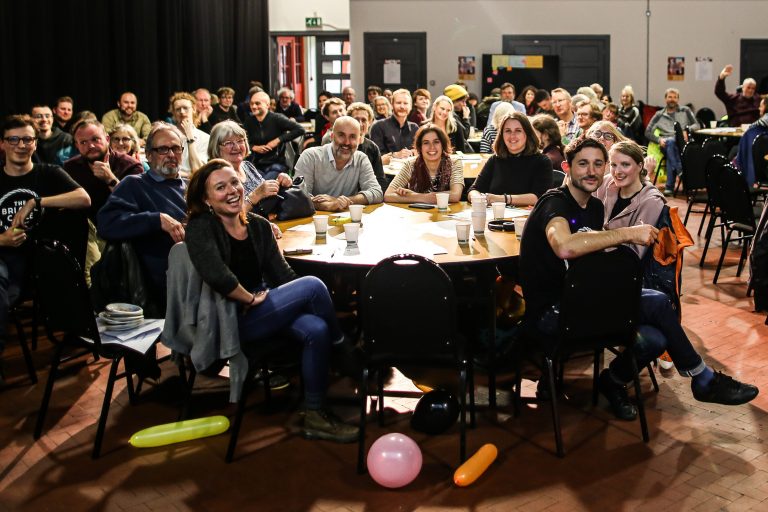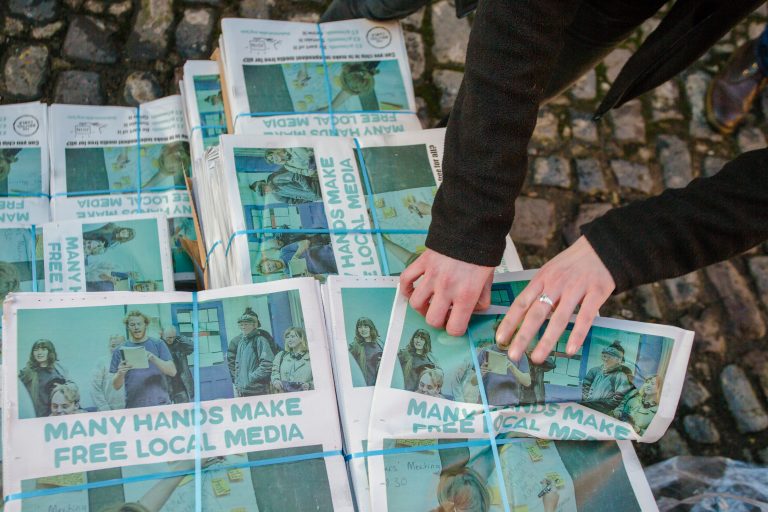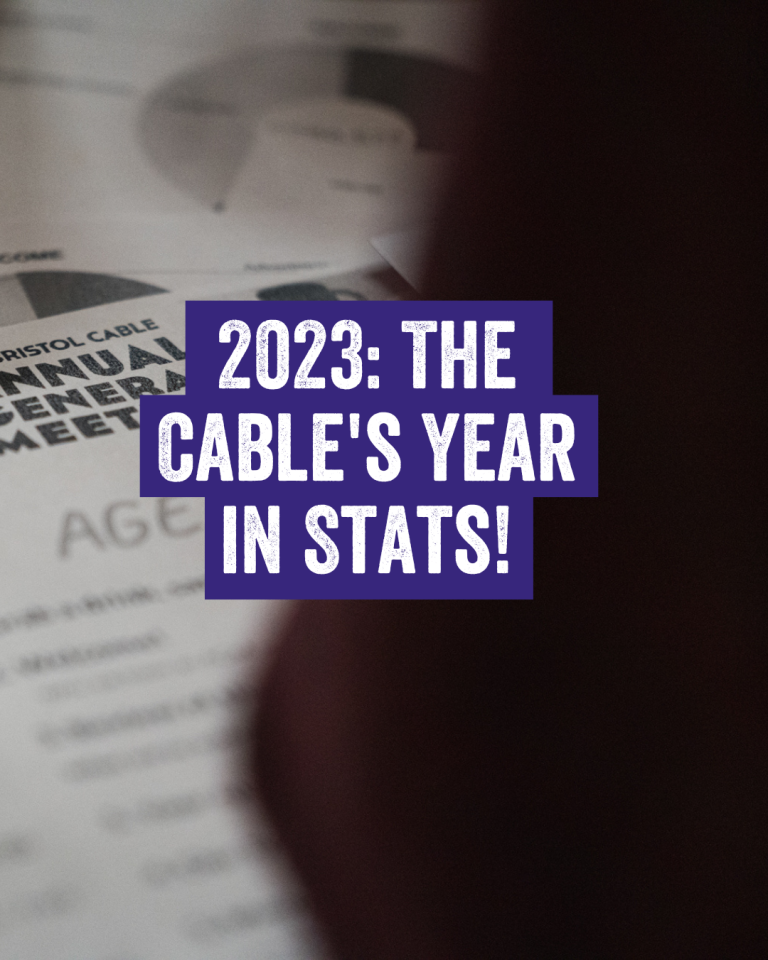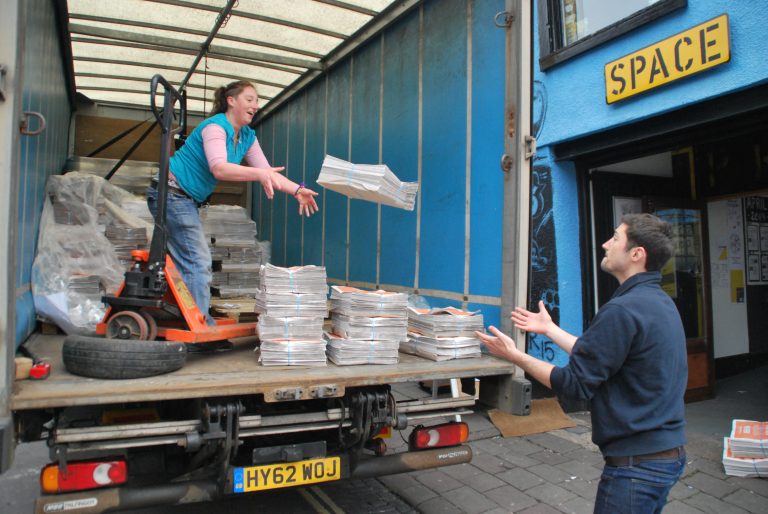Palestine Action proscription: The law has changed, but the truth hasn’t

Palestine Action has been designated by the government as a terrorist group. It’s the first time a peaceful protest movement has been proscribed in the UK, marking a significant escalation in the state’s years-long crackdown on dissent.
The decision means that anyone who expresses support for the group, explicitly or ‘recklessly’, and possibly journalists who cover its actions in a way that amplifies the voice of the group or its supporters, could face serious consequences.
Showing support for the group, whose aim is to use direct action to disrupt the UK’s complicity in Israel’s genocide, is now punishable with a jail term of up to 14 years.
And even if you aren’t arrested, the police could use terrorism legislation to raid your house, seize your electronic devices, and hold you in custody for questioning without charge for a fortnight.
The use of direct action tactics have long been fundamental to a democratic society. The suffragettes’ use of direct action, including property damage, for instance, is celebrated and was seen as necessary to affect change.
To proscribe a protest movement as a terrorist organisation is an affront to freedom of expression. But while we might be appalled by these latest developments, should we be surprised?
The simple fact is that if you disagree with the government’s view of Palestine Action, and you advocate for their tactics to disrupt appalling war crimes, the move to proscribe them should be seen as one designed to silence you.
Smacks of hypocrisy
Palestine Action is a direct action movement that targets UK companies who play a role in Israel’s genocide in Gaza – most notably Elbit Systems, which provides weapons to the IDF and has facilities here in Bristol.
Our prime minister, Keir Starmer, used to stand up for protesters who carried out actions just like them. In 2003, anti-war activists broke into RAF Fairford to stop US bombers heading to Iraq. Starmer, then a human rights lawyer, defended their actions – saying they were justified to prevent war crimes.
But now, he brands them terrorists. What changed?
Well, In December, the UK government met with senior members of Elbit Systems – a company with weapons facilities in Bristol and that provide 85% of the weaponry that the Israeli state uses in its genocide on Gaza.
At the same time, 13 of 25 of Keir Starmer’s original cabinet members had received more than £300,000 from pro-Israel sources, and most belonged to Labour Friends of Israel.
The UK’s ties to the Israeli state are deep, its influence strong.
The Filton 18
Earlier this year, The Cable covered the ongoing and high profile criminal case of Palestine Action activists who targeted an Elbit weapons facility here in Bristol – the case of the Filton 18.
The Filton 18’s alleged crimes were not terrorism related: criminal damage, aggravated burglary and violent disorder. But still, police used counter-terrorism powers that enabled them to keep the defendants in solitary confinement and subject them to repeated interrogation.
UN special rapporteurs even wrote to the UK government raising concerns about the use of counter-terror legislation to prolong the detention of the activists, in a signal that the crackdown on protest in this country was worsening.
They face lengthy prison sentences if found guilty at trial later this year, and their case has received much media attention, specifically around concerns about misuse of terrorism legislation by prosecutors and police.
Since the proscription of Palestine Action came into force at the weekend, more than two dozen protesters have been arrested for defying the ban. Among the 27 protesters arrested on the day of the ban was a retired priest from Bristol.
Reverend Sue Parfitt, 83, was detained for holding a placard that read: “I oppose genocide. I support Palestine Action”.
Bristol Central MP Carla Denyer was among the 26 MPs to vote against the proscription of the group, whose actions she said at the time fall “far, far short of the rightly high bar that it set by the definition of a terrorist organisation”.
Who are the terrorists?
Going forward, the Cable must think seriously about whether our reporting – irrespective of it being fair, accurate and in the public interest – would break the law in respect of Palestine Action’s proscription.
We will watch closely for a response to questions sent by Novara Media to the Attorney General about what the ban will mean for journalists like us who cover Palestine Action.
As it stands, we are unsure if the reporting we had planned will fall foul of the law. Unsure even if resharing our previous reporting, by our readers or by our staff, would be legal.
We are taking every precaution, but what we will say now is: Whether you support them or not, protesters who speak out and take direct action to prevent war crimes should not be labelled as terrorists.
Israel continues its brutal military offensive in Gaza, killing tens of thousands of Palestinians, many of them children, many of them in direct or deliberately indiscriminate attacks.
The IDF has bombed schools and hospitals, and targeted civilians as they queued for aid. They have assassinated journalists, and starved the people of Gaza, in what human rights experts say is a genocide.
The IDF are the terrorists.
The law has changed, but the truth hasn’t.










Report a comment. Comments are moderated according to our Comment Policy.
‘13 out of 25 of Keir Starmer’s original cabinet members had received more than £300,000 from pro-Israel sources, and most belonged to Labour Friends of Israel.’
What form has this taken and who are these labour mps?